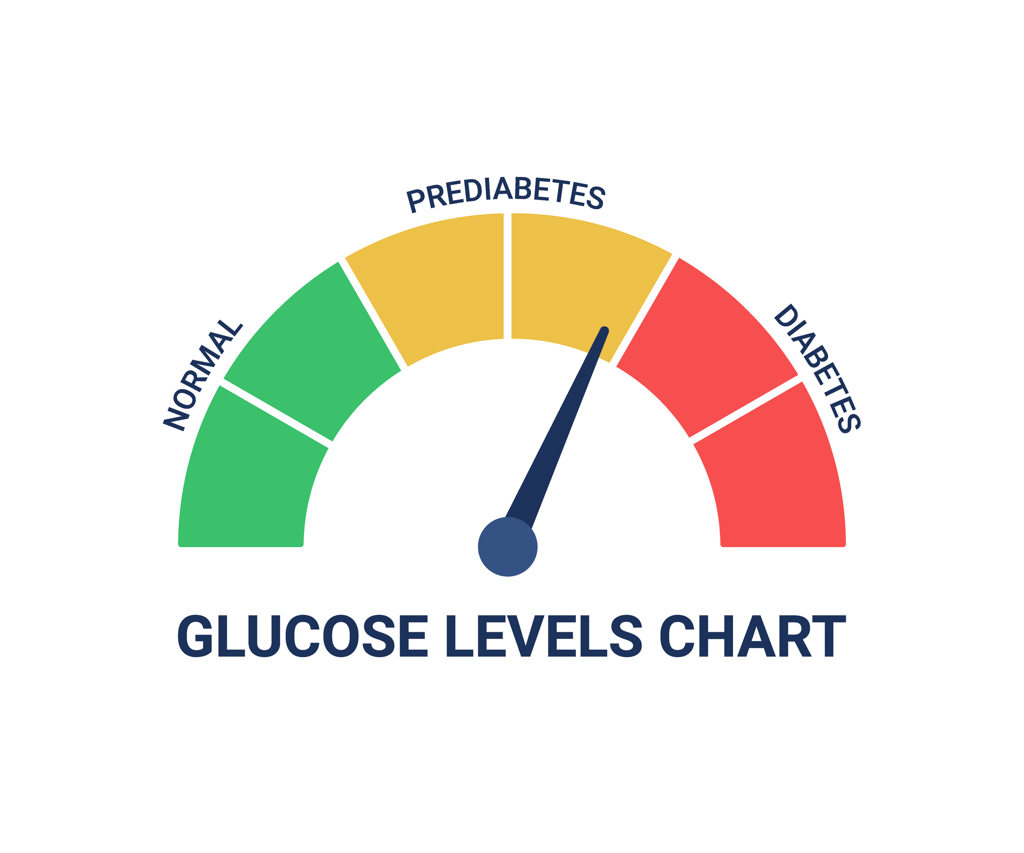
Living With Prediabetes
More than one in three adults in America have prediabetes, and more than 80% do not know they have it. Prediabetes is a condition where blood sugar levels are higher than normal, but not high enough to be diagnosed as type 2 diabetes.
The rate of type 2 diabetes in Pennsylvania is higher than the national average, and diabetes can be associated with serious health consequences, including heart disease, stroke, amputation, end-stage kidney disease and blindness. It is the seventh leading cause of death in the U.S., and people with diabetes have medical expenses approximately 2.3 times higher than those who do not have diabetes.
It's not all bad news, however. If you have prediabetes, you can make changes to delay or even prevent type 2 diabetes from developing.
What Causes Prediabetes?
“Prediabetes occurs when the body stops processing sugar, also known as glucose, normally,” said Jessica Lundgren, MD, an endocrinologist with Penn Highlands Endocrinology in DuBois and Philipsburg, Pennsylvania. “Most of our glucose comes from the food we eat. When food is digested, the sugar enters the bloodstream and the pancreas secretes insulin, which allows the sugar to enter your cells. As the sugar enters the cells, it lowers the amount of sugar in the blood and the pancreas slows down its secretion of insulin.”
“In individuals with prediabetes, something in this process goes wrong,” said Janelle Violago, MD, an endocrinologist with Penn Highlands Endocrinology in Monongahela, Pennsylvania. “The cells do not respond to the insulin as they should, and sugar begins to build up in the bloodstream, causing prediabetes and eventually diabetes.”
How do I Know if I Have Prediabetes?
The first step is to talk to your primary care provider. You can have prediabetes without experiencing any symptoms, which is why so many people have it without knowing it. A simple blood sugar test will help your doctor determine if you have prediabetes. If you are 35 years or older, overweight or have a family history of diabetes, your doctor may recommend a diabetes screening test.
How Can I Manage My Prediabetes?
By making lifestyle changes, you can prevent diabetes from developing and you can even reverse prediabetes. According to the Centers for Disease Control and Prevention, if you are overweight, losing approximately 5% to 7% of your body weight can significantly reduce your risk.
Regular physical activity is also an important step in reversing prediabetes. The CDC recommends that individuals get at least 150 minutes a week of brisk walking or a similar activity. Being active for 30 minutes a day, five days a week, will total 150 minutes per week.
Eating a healthy diet plays a critical role in living with prediabetes. Reducing caloric intake is important, but there is no one way of eating that is best for reversing prediabetes. It is important to find something that works for you. Your doctor can help or connect you with a nutritionist. Your doctor may also be able to direct you to a diabetes prevention program in your community.
If you are diagnosed with prediabetes, it can seem scary; but, even small changes can make a big impact on delaying or preventing diabetes all together.
Penn Highlands Healthcare offers comprehensive care for prediabetes, Type 1 diabetes and Type 2 diabetes, including nutrition counseling, diabetes education, a free diabetes prevention program and more. Learn more by visiting www.phhealthcare.org/diabetes.

